Catalyzing Integrated Urban Development in Indian Cities - Summary and Key Takeaways
Catalyzing Integrated Urban Development in Indian Cities - Summary and Key Takeaways from GIZ-CRDF Knowledge Collaboration under Sustainable Urban Development-Smart Cities (SUD-SC) Initiative
India’s rapid pace of urbanization is expected to further compound
the complex challenges that Indian cities face today with respect
to provision of adequate services, infrastructure, and housing. To
respond to these challenges, the Government of India (GoI) has
established various national missions and programs such as the
Swachh Bharat Mission (SBM), Atal Mission for Rejuvenation and
Urban Transformation (AMRUT) and Pradhan Mantri Awas Yojna
(PMAY). It has also reiterated its commitment towards the Habitat III
Process (2016), the New Urban Agenda (NUA) on adequate shelter
for all and the United Nations Sustainable Development Goal 11 on
making cities inclusive, safe, resilient, and sustainable.
Successfully implementing these agendas and national missions
requires institutions to adopt a cross-sectoral and integrated
approach towards planning, and building knowledge and technical
capacities among key urban actors at city, state, and national level.
In this context, the “Sustainable Urban Development-Smart Cities”
(SUD-SC) project was implemented to support the National Ministry
and the State Governments (Odisha, Tamil Nadu, and Kerala) in
policy formulation for housing, basic services, spatial planning, and
monitoring of the SDGs. It also supported three selected Smart
Cities (Bhubaneswar, Coimbatore, and Kochi) in implementing
integrated spatial urban development planning concepts. The project
was initiated jointly by the Ministry of Housing and Urban Affairs
(MoHUA) and GIZ India
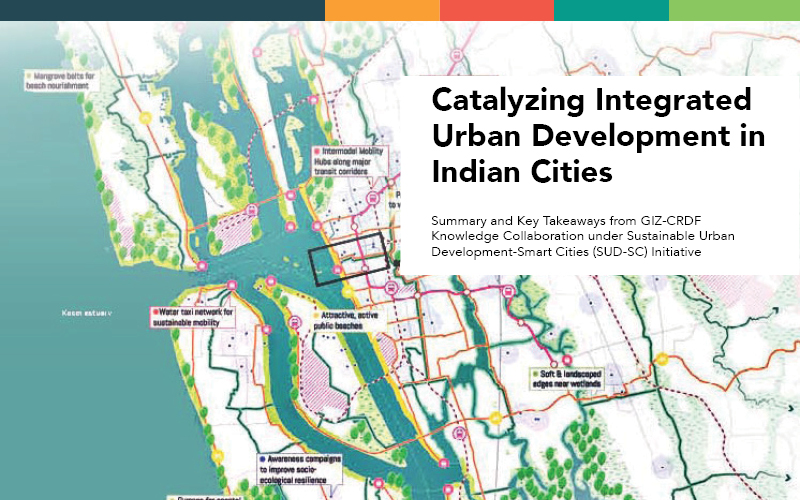
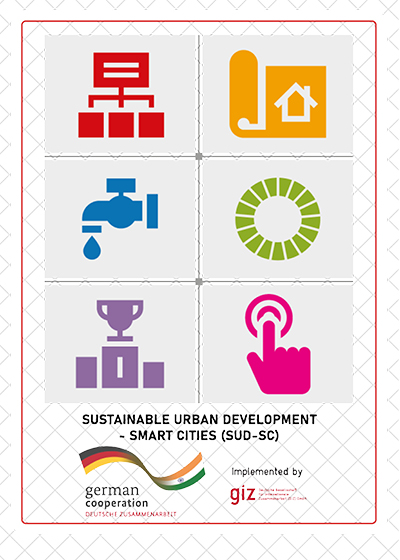
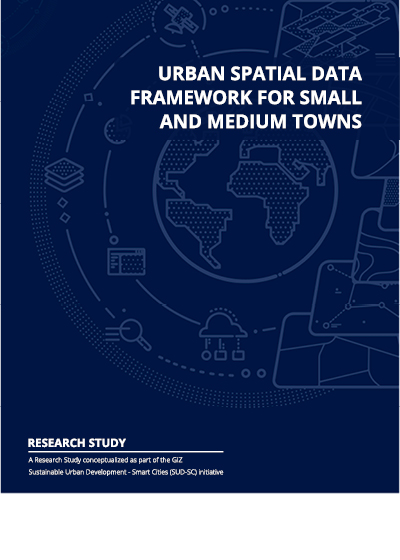
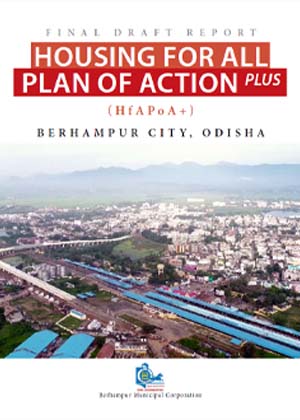
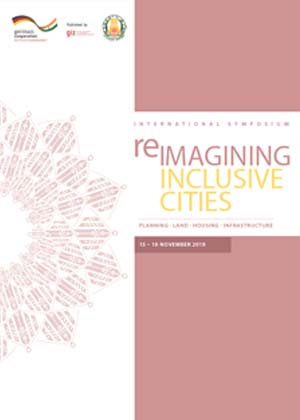
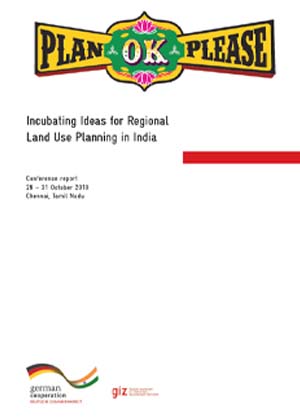




Write a public review